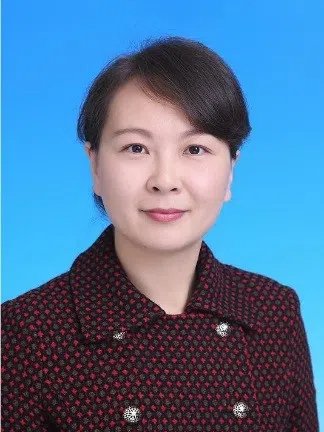Special Session 4
Special Session 4: Generative AI for Image Reconstruction and Anomaly Detection
Description:
Recent advances in generative artificial
intelligence—particularly Generative Adversarial Networks
(GANs) and Diffusion Models—have significantly pushed the
boundaries of imaging science. These models exhibit superior
capability in handling noise, reconstructing high-quality
images, detecting anomalies, and integrating imaging physics
into data-driven frameworks. By learning complex data
distributions, generative models can produce realistic
estimates of clean images, high-resolution outputs, and
normal structures. Such capabilities enable more robust and
stable performance than traditional convex or iterative
optimization methods, which typically aim to find a single
deterministic solution.
This Special Session seeks to bring together researchers
working on cutting-edge generative techniques and their
applications across image reconstruction and anomaly
detection. We invite contributions that explore algorithmic
innovations, theoretical insights, interpretable model, and
real-world applications across medical imaging, remote
sensing, auto-driven and related domains.
Session organizers
Assoc. Prof. Min Li, Hohai University, China
Assoc. Prof. Yibin Tang, Hohai University,
China
The topics of interest include, but are not limited
to:
1. Generative Models for Image Reconstruction
• GAN-based or diffusion-based image denoising, deblurring,
and inpainting
• Super-resolution reconstruction using generative priors
• Generative models for multimodal or cross-domain image
reconstruction
2. Anomaly Detection
• Reconstruction-based
anomaly detection with GANs/diffusion models
• Latent-space generative modeling for anomaly
identification
• Anomaly detection using generative likelihoods or
score-based methods
3. Hybrid and Physics-Guided Generative Models
• Combining generative priors with traditional optimization
• Plug-and-play priors and score-based inverse problem
solvers
• Learned data-consistency modules and reconstruction
pipelines
4. Applications Across Domains
• Medical imaging diagnostics and biomarker extraction
• Remote sensing image analysis and enhancement
• Industrial defect detection and quality inspection
Submission method
Submit your Full Paper (no less than 8 pages) or your paper
abstract-without publication (200-400 words) via
Online Submission System, then choose Special Session 4
(Generative AI for Image Reconstruction and Anomaly
Detection)
Template Download
Introduction of session organizers

Assoc. Prof. Min Li
Hohai University, China
Min Li was born in 1982. She is the member of IEEE, ISMRM and CCF(China Computer Federation). She received her B.E. degrees in electronic information engineering in 2005, and Ph.D. degree in Hydroinformatics from Hohai University, China in 2011. She joined in Hohai University of China from 2011. Currently, she is an associate Professor of College of Information Science and Engineering, Hohai University. From 2016 to 2017, she visit Columbia University of US as an scholar visitor. Min’s research interests include target detection and anomaly detection of hyperspectral data, image restoration of medical images and bioinspired intelligent algorithm. She has authored and coauthored over 50 journal and conference papers. Sha has authorized over 10 national invention patents, and own more than 10 teaching awards. She has led and participate more than 5 key research projects funded by the National Natural Science Foundation of China and 3 application research projects funded by Changzhou government
.

Assoc. Prof. Yibin Tang
Hohai University, China
Yibin Tang was born in 1982. He obtained his Ph.D. in signal processing from Southeast University, China, in 2010 and subsequently joined Hohai University, China, in the same year. Currently, he serves as an Associate Professor in the College of Information Science and Engineering at Hohai University. From 2017 to 2018, he was a visiting scholar at Columbia University in the United States. His research interests include image restoration and biosignal processing utilizing neural networks. He has authored and co-authored over 30 journal and conference papers, including those published in IEEE TSIPN, IEEE TNSRE, AIIM, BSPC, and ICASSP.
